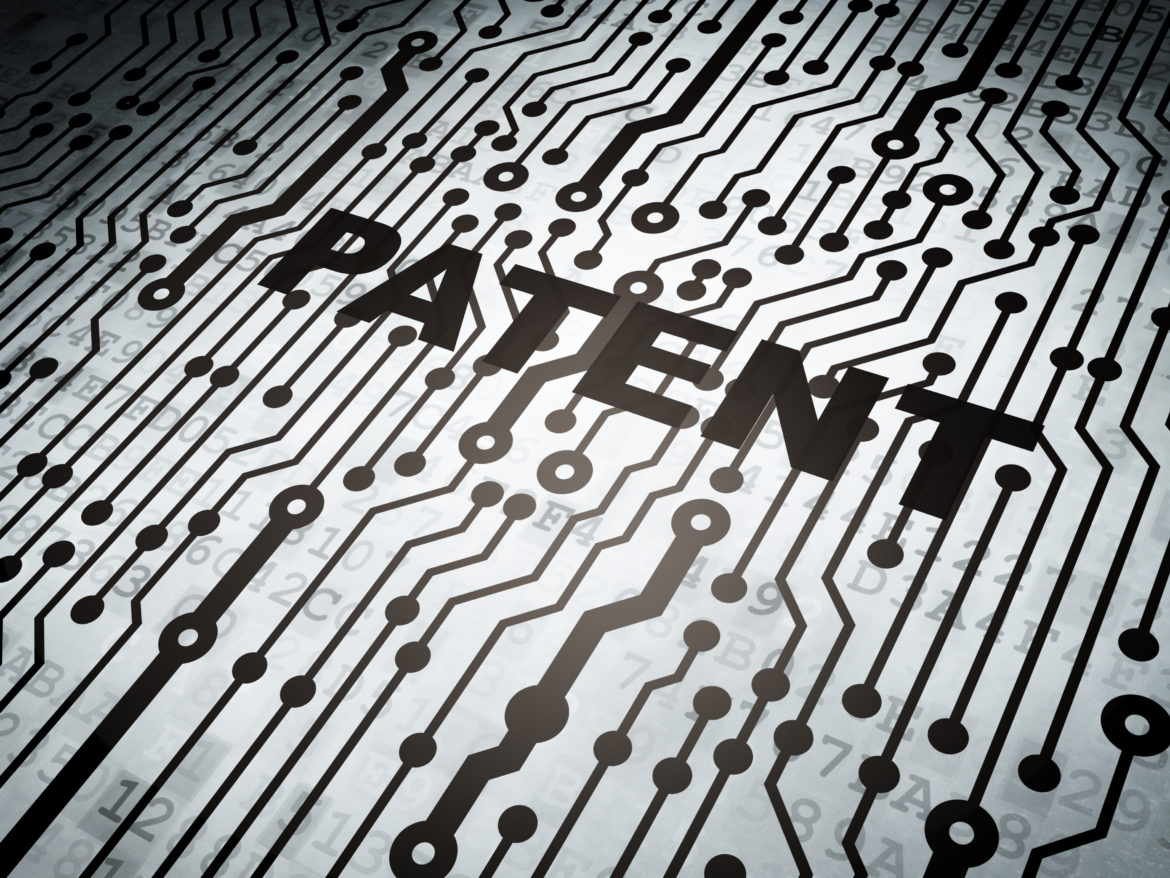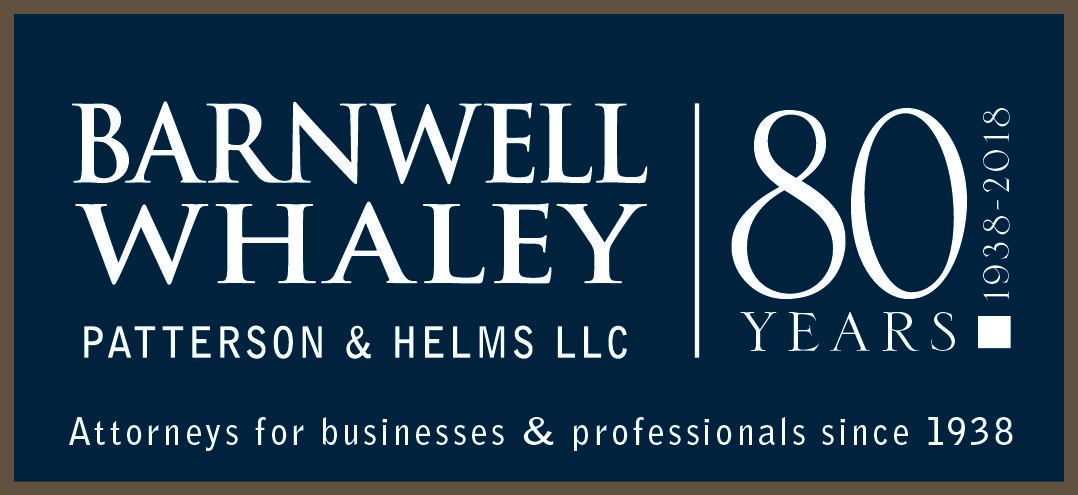
Appeal from the United States Patent and Trademark Office, Patent Trial and Appeal Board
Personal Web Technologies, LLC v. Apple, Inc.
No. 2018-1599 Fed. Cir. March 8, 2019 Before Circuit Judges Moore, Taranto, and Chen. Opinion by Circuit Judge Chen.
The Court reversed the Board’s determination that certain claims of U.S. Patent No. 7,802,310 were obvious because key underlying fact findings by the Board were not supported by substantial evidence.
The patent at issue contemplates a method and apparatus for creating a substantially unique identifier for each data item in a data processing system that is independent of the data item’s user-defined name, location, etc., but rather is dependent only on the content of the data item itself.
The patent purports to overcome problems associated with traditional naming conventions, such as when a data item already exists a device and a duplicate of the data item is created.
According to the Court, the Board found that one of the references inherently provided teaching used to support the obviousness holding. The Court agreed that it was possible that the teaching relied upon by the Board was inherently present in the reference, but stated that “mere possibility is not enough. ‘Inherency . . . may not be established by probabilities or possibilities.’ PAR Pharm., Inc. v. TWI Pharm., Inc., 773 F.3d 1186, 1195 (Fed. Cir. 2014). ‘The mere fact that a certain thing may result from a given set of circumstances is not sufficient.’ Id. (emphasis added). Rather, a party must ‘show that the natural result flowing from the operation as taught would result in the performance of the questioned function.’ Id. (emphasis in original).”
The Appellant offered what the Court called “an equally plausible, if not more plausible, understanding of ” the reference. Since the teaching that appellee Apple and the Board relied upon did not necessarily exist in the reference, the Court reversed the finding of obviousness.
Read more: Federal Bar member attorneys may access the full case summary by Barnwell Whaley attorney Bill Killough in the March issue of Federal Circuit Case Digest.
Additionally, you may read the full opinion here.
Image: thinkstock

B.C. “Bill” Killough is a registered patent attorney with Barnwell Whaley law firm with offices in Charleston, SC and Wilmington, NC. On behalf of his clients, Bill has obtained more than 300 United States patents, participated in prosecuting more than 100 foreign patent applications and he has filed more than 1000 trademark applications with the US Patent and Trademark Offices.




